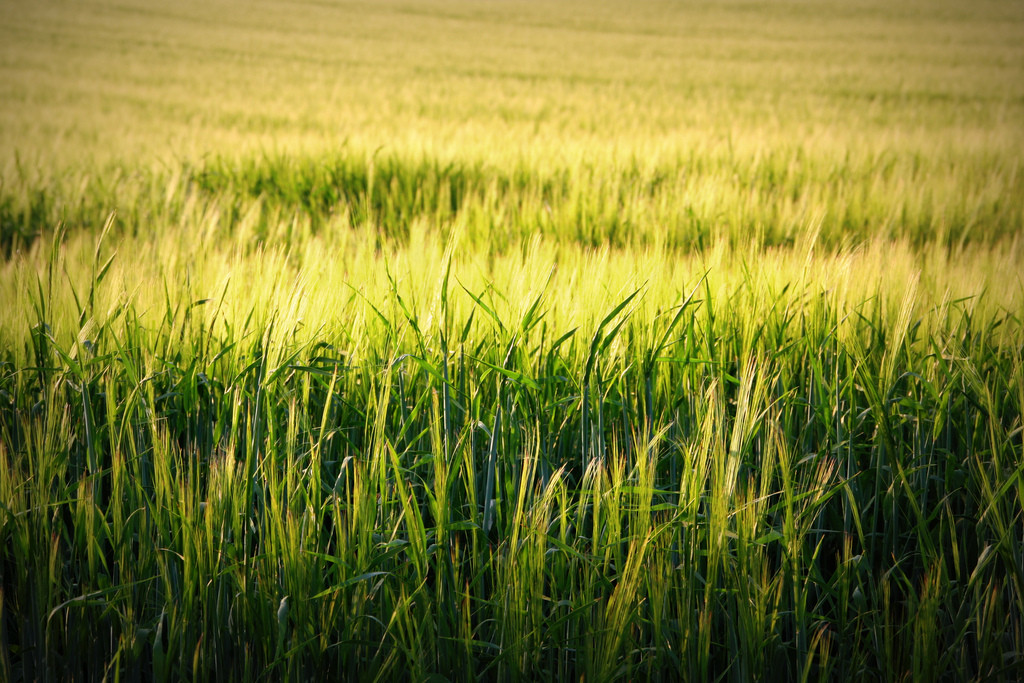EXECUTIVE SUMMARY
1. Ukraine introduced value added tax (VAT), which is one of the essential sources of fiscal revenues in many countries, in 1992. The tax became important for Ukraine’s economy as it brings about one third of consolidated fiscal revenues and accounts for near 10% of GDP. However, with years the tax became known for poor administration and fraud. Some loopholes in the administration relate to numerous VAT privileges and exemptions.
2. State support to agricultural producers is mainly based on the indirect support in the form of special tax treatment and tax exemption: FAT and special VAT regime. Agricultural companies have a right to transfer due VAT to a special account and use this sum as a tax credit and for financing other production purposes. However, the system is unfair and inefficient as at times of good performance of agriculture it creates significant fiscal pressure and makes entire support system of the sector unsustainable. High fiscal pressure results in VAT refund arrears, which put additional pressure on agricultural producers in the form of lower farm-gate prices. Moreover, special VAT regime harms agricultural companies that make higher investments.
3. Application of indirect support measures of agriculture in Ukraine is explained by a lack of financing for direct support. Moreover, some policy makers state that agriculture cannot be fully taxed.
4. In turn, agricultural companies in the EU are supported through direct fiscal support made in the framework of the Common Agricultural Policy. In terms of value added taxation these companies are considered mostly as a regular business. Special taxation treatment frequently refers to small farms. In particular, several member states apply flat-rate scheme for farmers. Most countries apply reduced VAT rates for agricultural and food products to stimulate their higher consumption. Overall, special VAT treatment is not considered in the EU as a state aid measure.
5. Over nearest future Ukraine should reform value added taxation according to its international obligations. The signed Association Agreement with the EU envisages the obligation of Ukraine to harmonize tax legislation, in particular, concerning VAT. In particular, during next five years Ukraine should approve special VAT regimes, which would comply with the EU standards. The IMF Program stipulates the promise of the Government to bring preferential VAT treatment of agriculture closer to the general VAT regime.
6. Regular VAT system for agricultural producers with an option for small companies to maintain special VAT regime is likely to be the first best solution. It is expected to result in better financial position of companies and higher fiscal sustainability. Companies will receive higher farm-gate prices, which will contribute to further increase in agricultural production. Expected increase in efficiency and size of direct state support would favour development of effective agricultural companies. Moreover, introduction of regular value added taxation of agriculture is likely to have second-round effects including improved investment climate through clear taxation rules and higher public investments in infrastructure.
7. The possible changes in the taxation treatment of agriculture might have inevitable results if introduced without other measures. To ensure the agricultural development the reform of the VAT system for the sector requires complex measures and, thus, cannot be implemented ad hoc. In particular, the introduction of a regular VAT regime for agriculture should be complemented with other policy steps which include fiscal consolidation, anticorruption measures, and reform of direct state aid to agriculture.
An article by Oleksandra Betliy.
The full text of the paper can be downloaded at http://apd-ukraine.de/images/APD_APR_07-2014_VAT_in_agriculture_eng.pdf



